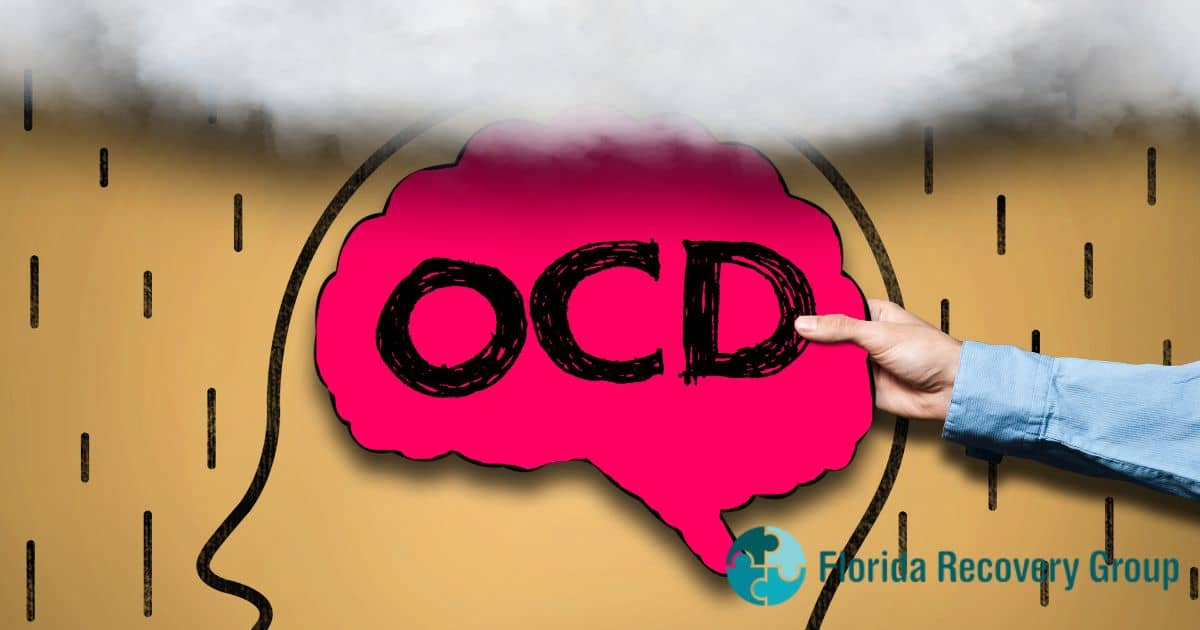Bipolar Disorder vs Borderline Personality Disorder (BPD)
Bipolar disorder and borderline personality disorder (BPD) are often confused with one another due to an overlapping of symptoms. However, there are distinct differences between the two conditions, which is why they are diagnosed and treated in different manners. Bipolar disorder causes individuals to experience changes...















